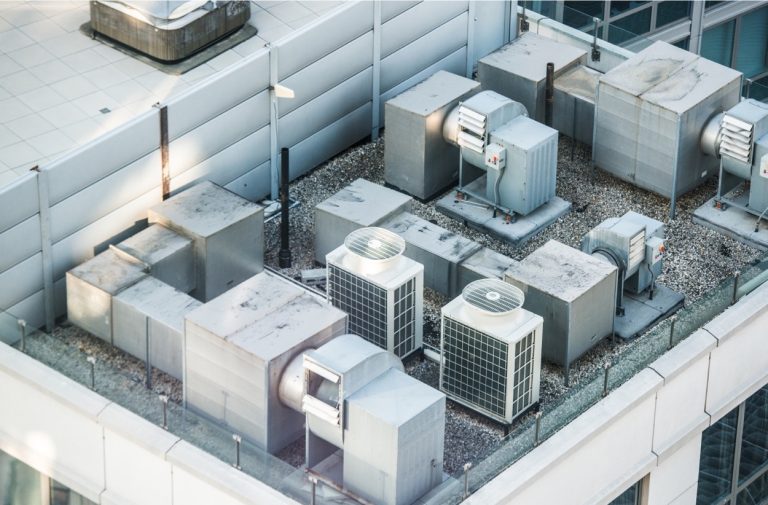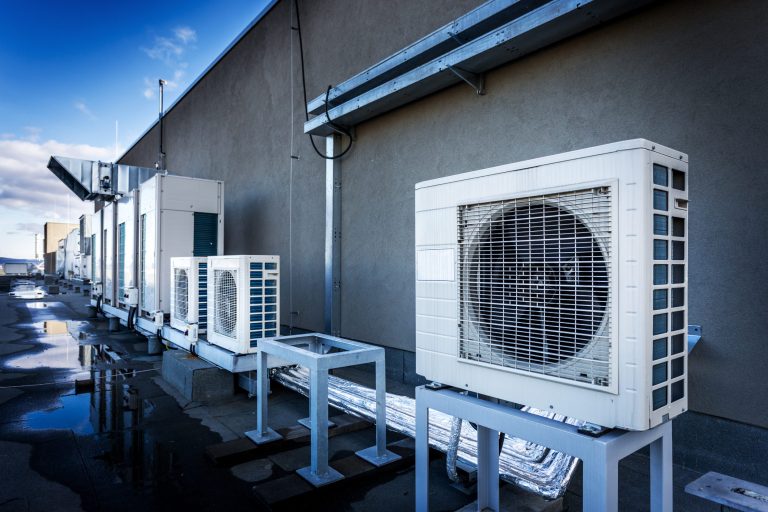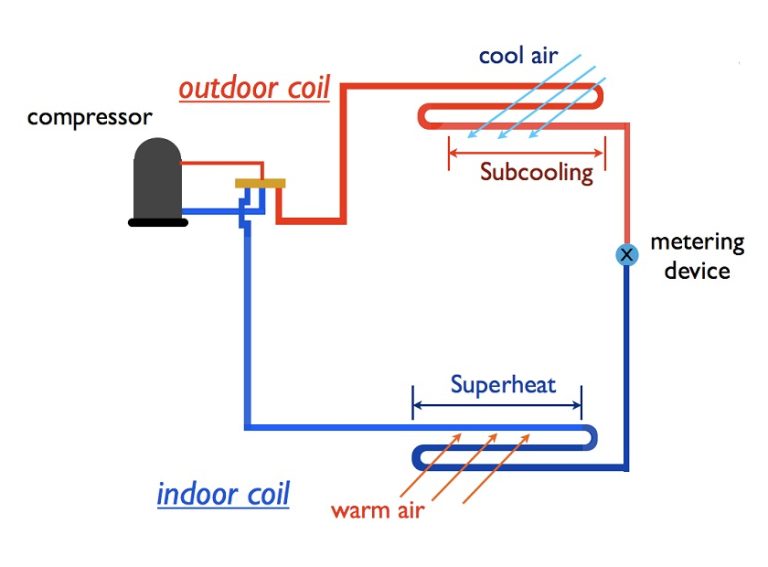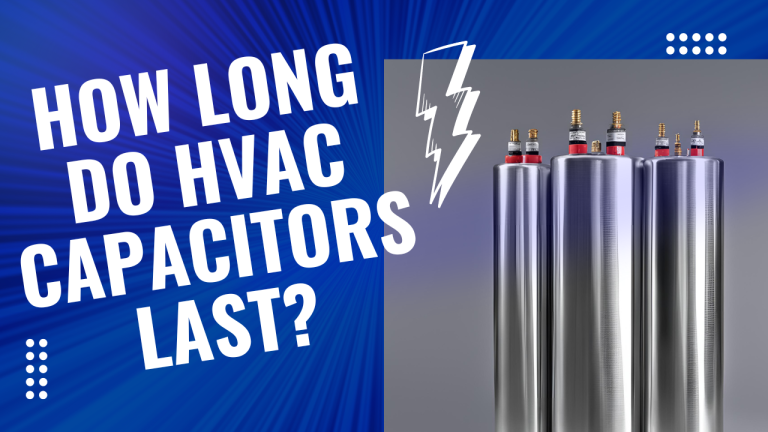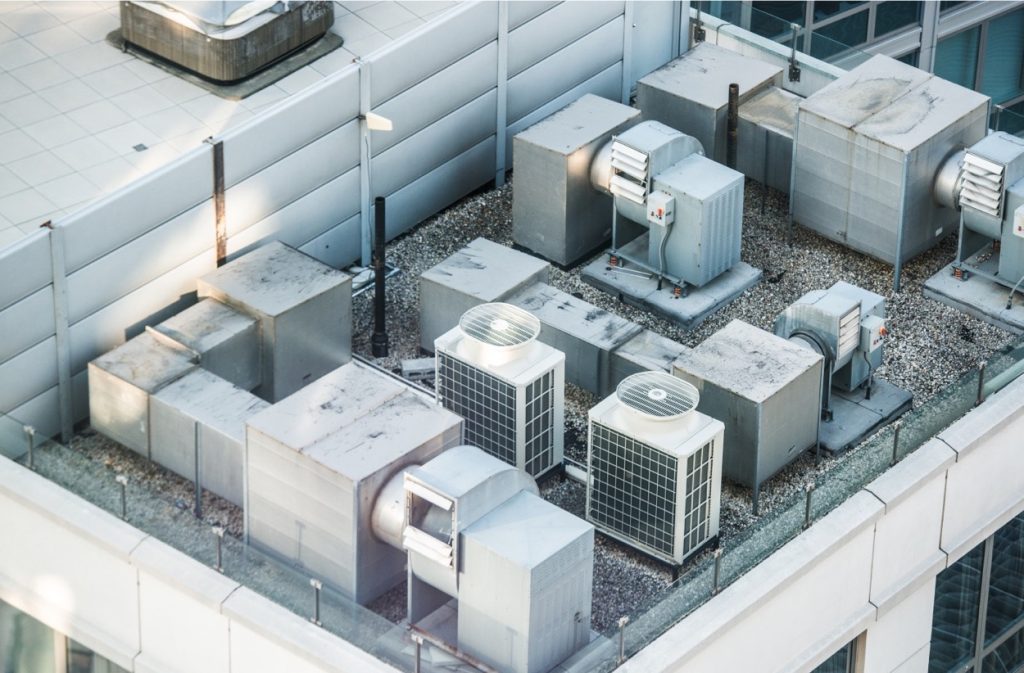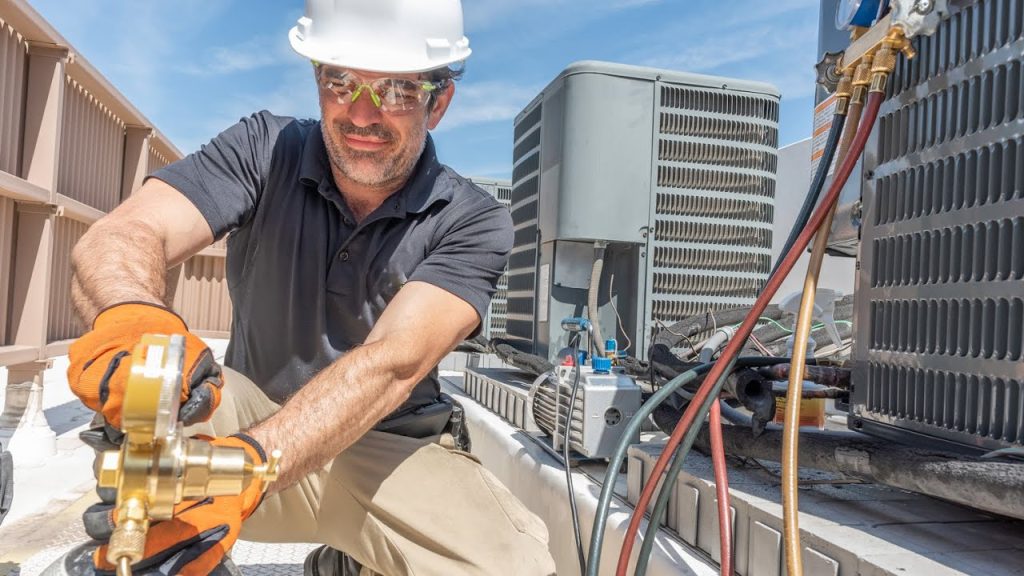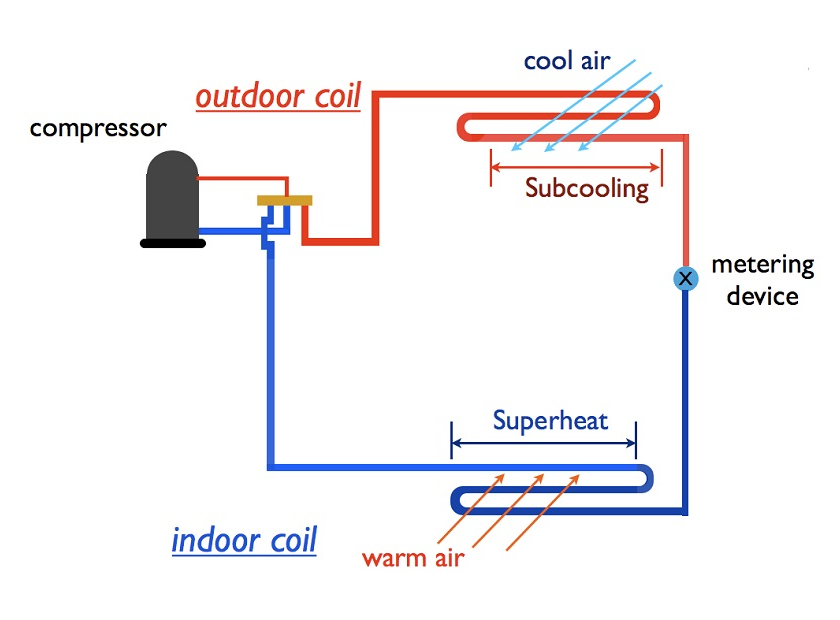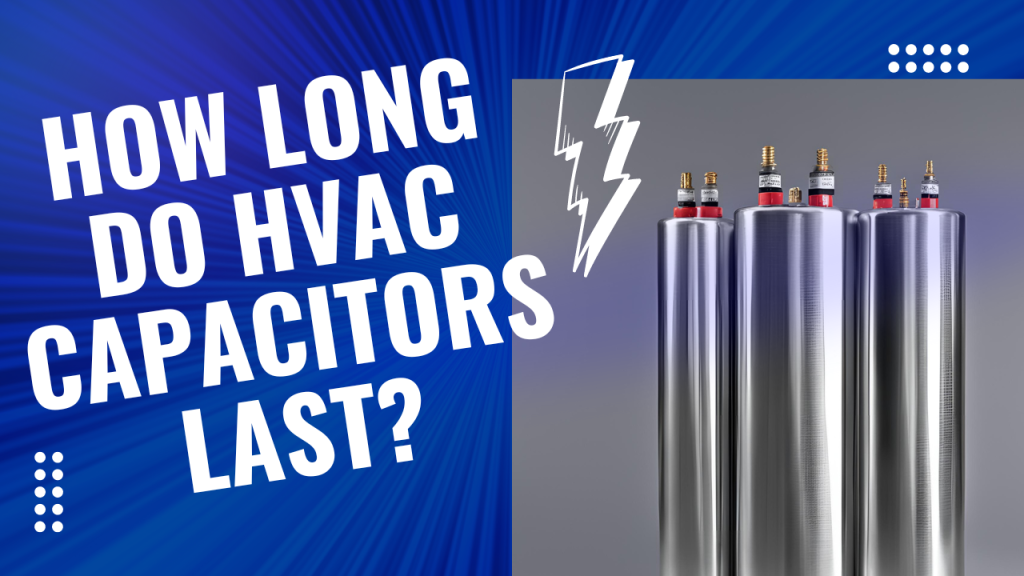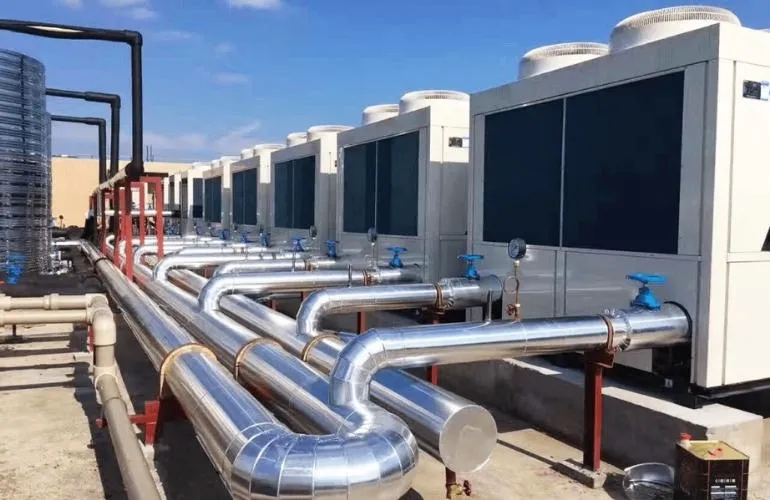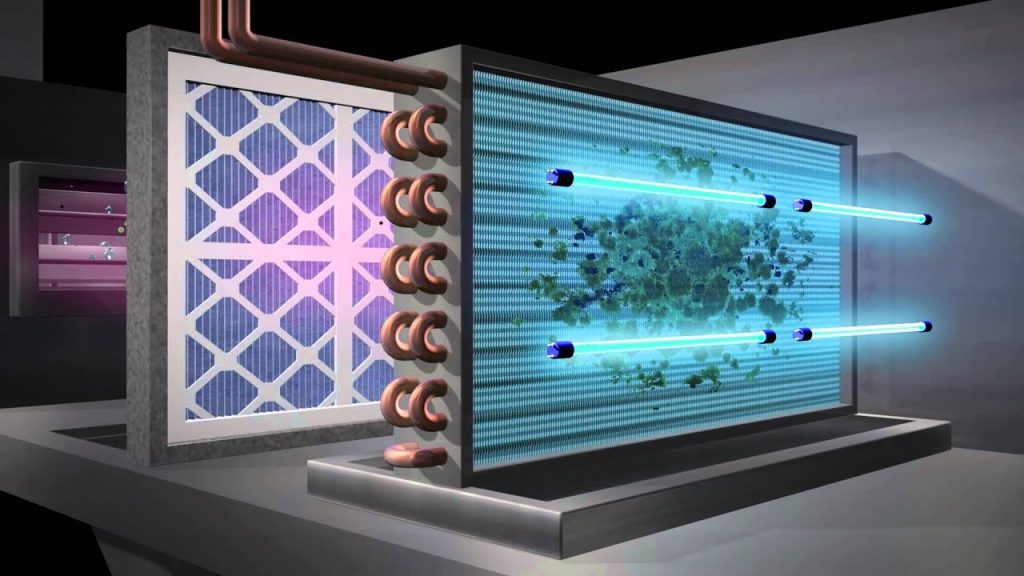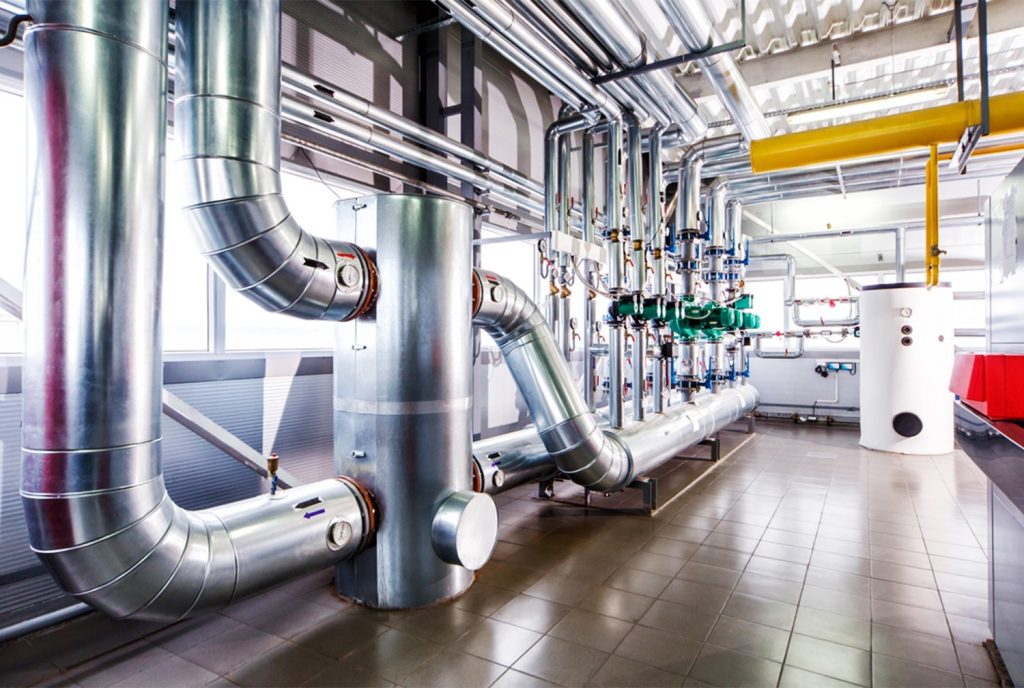A cool, refreshing home is a delight during the sweltering days of summer, especially in the panhandle, and it becomes quite stressful if your air conditioner starts acting up. If your AC is making loud noises indoors, it might be a signal that it requires cleaning, repair, or even replacement. Let’s delve into the reasons behind these AC noises and explore some troubleshooting techniques to guarantee a pleasant, cool summer for you and your family
What Should a Normal AC Sound Like?
Typically, a functioning air conditioning unit produces a soft humming or whooshing sound. Imagine the gentle noise of a quiet vacuum drawing in air, coupled with the fan’s sound circulating that air throughout your home.
As you approach the central indoor unit, the AC’s sound becomes more pronounced. For context, regular conversation levels are around 60 dB, while air conditioners usually emit sounds ranging from 19 to 50 dB. If you find yourself having to raise your voice to communicate when your AC is running, it’s likely that your air conditioner is noisier than it should be
Reasons Why AC Is So Loud
A strange or loud noise from your air conditioner often indicates an issue with one of its parts, which could be faulty, loose, or dirty. This is common wear and tear, especially if regular maintenance has been skipped
Improper Installation
1.Ensure a professional correctly installed your AC unit. Poor installation can cause vibrations and noise.
2.Verify that the unit is securely mounted to prevent loose parts.
Wrong Size of AC Unit
1.An oversized AC may frequently cycle on and off, generating noise, while an undersized unit may run continuously, also causing noise.
2.Make sure the AC’s size is appropriate for your room’s requirements.
Clogged Air Filters
1.Airflow can be restricted by clogged filters, forcing the AC to work harder and get noisier
2.Regularly clean or replace air filters based on the manufacturer’s guidelines.
Loose or Damaged Parts
1.Check the AC unit for loose or damaged elements such as fan blades, motor mounts, or ductwork
2.Tighten any loose screws or bolts and replace damaged parts as needed.
Vibrations and Noise Transmission
1.Vibrations can transmit noise through your home’s structure. Use vibration isolators or noise-reducing pads to lessen this.
Inadequate Insulation
1.CInspect the insulation around the unit and walls. Proper insulation reduces noise transmission
2.Add insulation around the AC or within the walls if needed.
Fan Issues
1.Excessive noise could come from the fan motor or blades. Look for obstructions in the fan assembly
2.Lubricate the fan motor following the manufacturer’s recommendations
Ductwork Issues
1.Assess ductwork for leaks, loose connections, or damage, as these can contribute to indoor noise
2.Seal any gaps or leaks in the ductwork.
By understanding these aspects and maintaining your air conditioner properly, you can enjoy a quieter, more energy-efficient cooling experience while avoiding unexpected increases in your energy bills.

What Does a Bad AC Sound Like?
Unusual noises from your air conditioner often indicate it’s time for some maintenance. Some sounds suggest a simple fix, while others might require a professional technician to step in for repairs or even replacement. Our knowledgeable team is here to diagnose unusual noises, conduct a detailed parts inspection, and restore your AC unit’s smooth operation.
Here’s a guide to common AC noises and their potential causes:
Banging or Clanking
If your AC is making a banging or clanking noise, it could be due to loose parts or unbalanced fan blades. A loose piston pin or connector rod in the compressor or fan blades that aren’t balanced can strike other components, potentially damaging your unit.
Bubbling or Gurgling
These sounds usually imply the presence of liquid. It’s possible there is a refrigerant leak or a drainage pipe that is either damaged or blocked.
Buzzing
Loud buzzing could be a warning of loose or unbalanced blades on the outdoor condenser fan or an electrical issue with the motor. Additionally, if the rubber isolation feet beneath the unit are worn out or damaged, the AC will buzz during compressor operation.
Clicking
While clicking sounds can be normal when your AC starts up, they shouldn’t persist. They might indicate a malfunctioning thermostat or an electrical signal fault
High-Pitch Vibrating
A vibrating noise often points to blocked vents. During the off-season, debris can accumulate in the vents. When the AC is turned on, this debris is blown through the vents and can create a blockage
Hissing
A hissing sound may suggest an air duct leak. Less commonly, it could indicate something more unusual, like a trapped snake, but that scenario is rare
Humming
A consistent humming noise typically signals a faulty contactor relay switch.
Rattling
Rattling noises often result from loose dirt, leaves, or sticks in the outdoor condenser unit. This is common when first activating the AC after winter when debris may have settled in
Screeching
A screeching metal-on-metal noise from inside the unit could mean issues with the bearings, such as a lack of lubrication or damage. If the sound comes from the outdoor unit, it might be a damaged fan motor or loose fan belt. Screeching that lasts only briefly at startup might be due to high pressure in the condenser unit.

How To Fix a Loud Air Conditioner
Many issues behind these noises are fixable. Before turning on your AC, clear any debris around the outdoor unit. Regularly clean your vents and ducts and inspect the system for issues like holes, kinks, or loose parts. Tighten anything that needs it.
The best way to ensure your AC runs smoothly is to adhere to a regular service schedule. Expert technicians can perform a comprehensive inspection, handle necessary cleaning, and address any repairs needed for optimal performance

